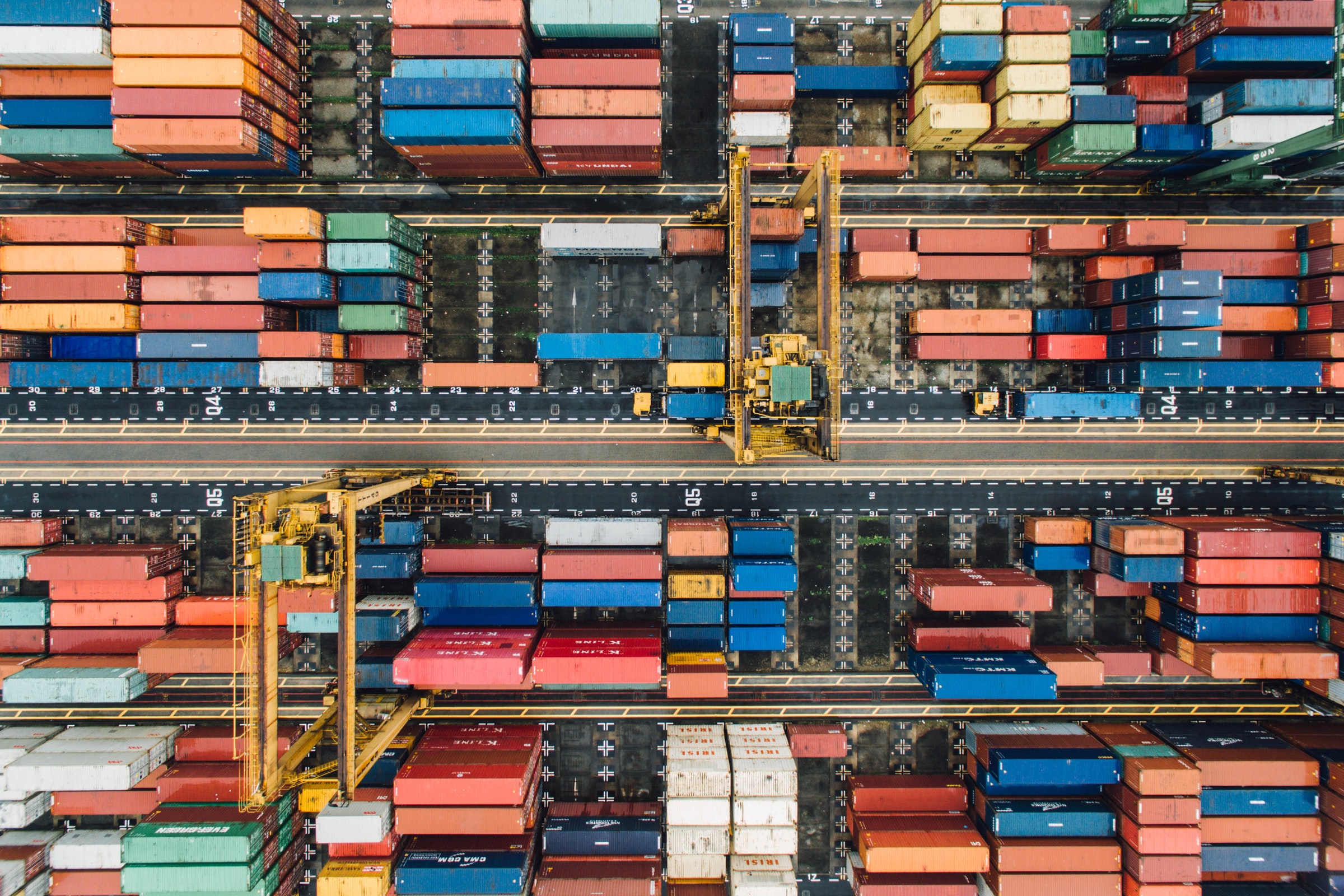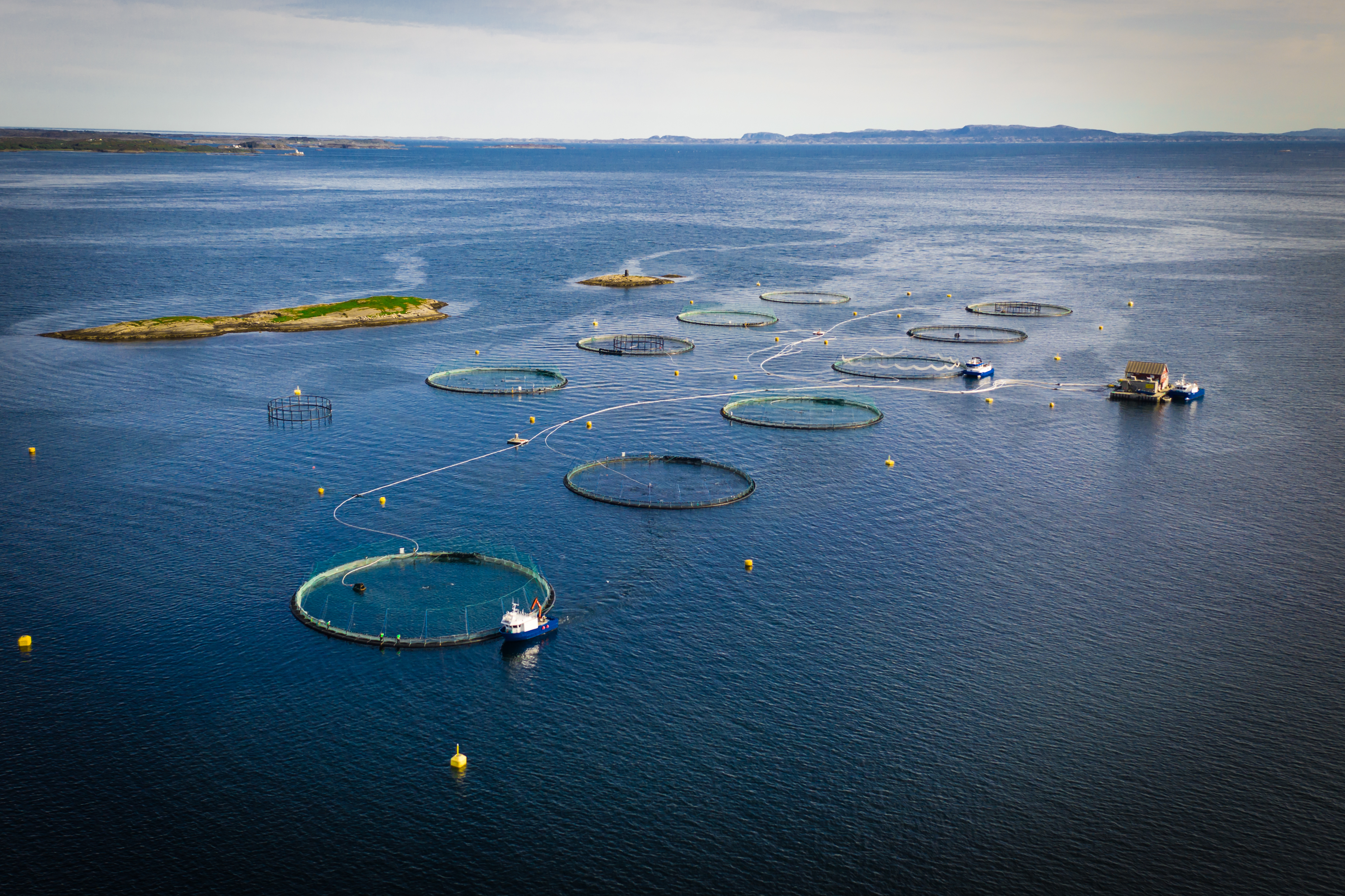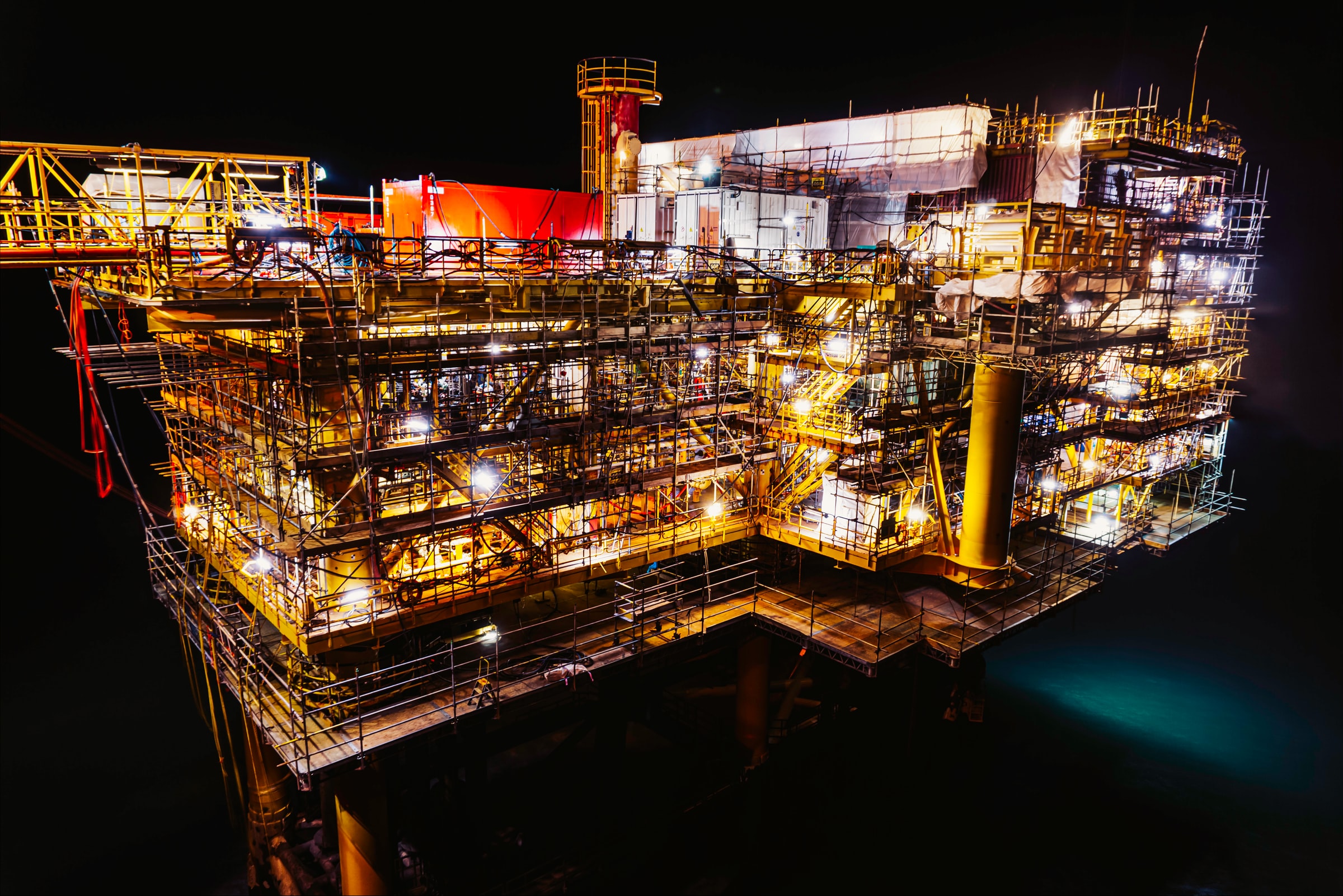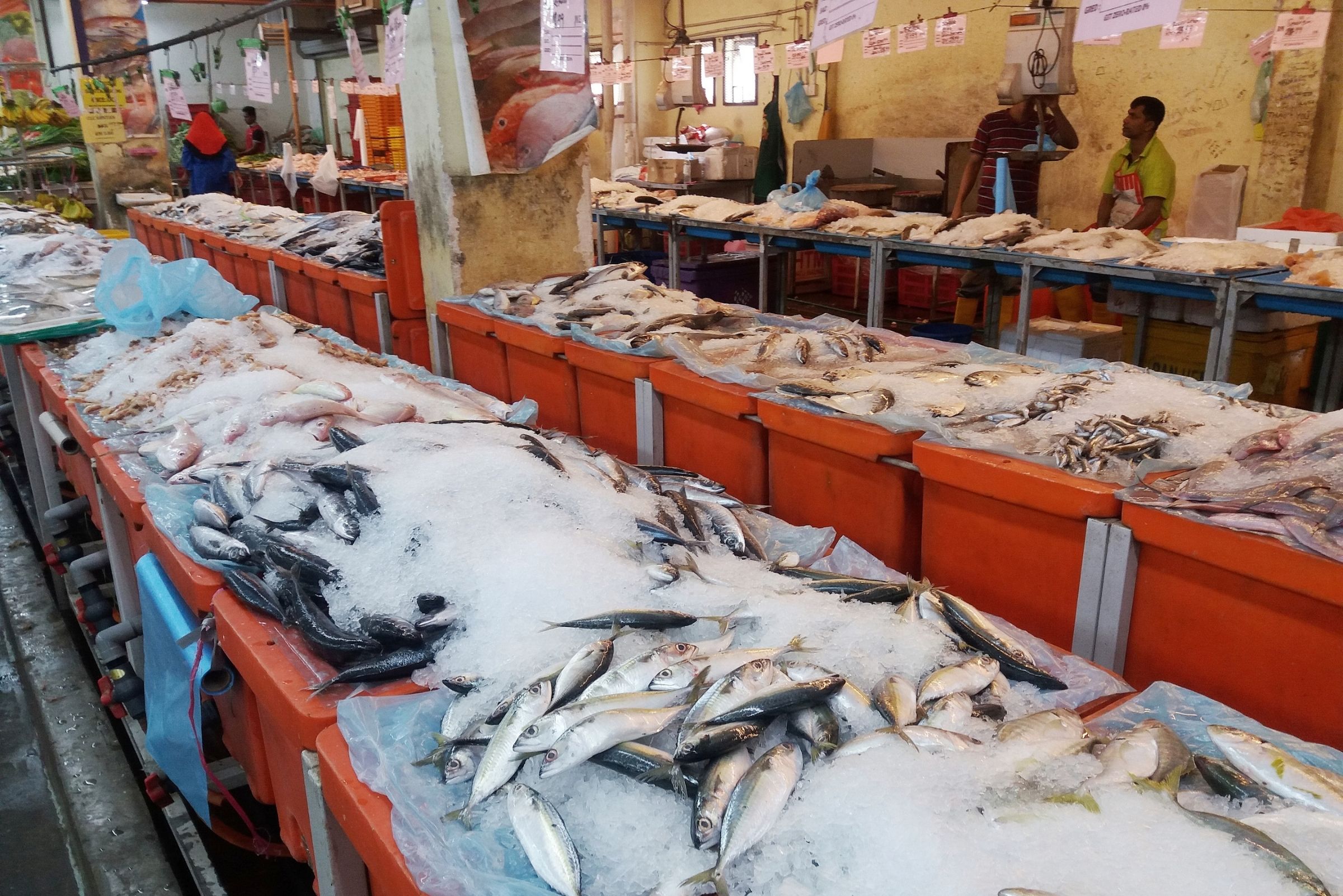In the old ‘business-as-usual’ model, nations develop their ocean economies through the exploitation of maritime and marine resources – for example, through shipping, commercial fishing, and oil, gas, and mineral development. Often, they don’t pay adequate attention to the effect of these activities on the future health or productivity of the same resources and the ocean ecosystems in which they exist. The ‘blue economy’ concept provides a more holistic vision that embraces economic growth – when it is sustainable and does not damage other sectors. Similar to the ‘green economy’, the blue economy brings human well-being, social equity and environmental sustainability into harmony.
The blue economy embraces economic opportunities. But it also protects and develops more intangible ‘blue’ resources such as traditional ways of life, carbon sequestration and coastal resilience in order to help vulnerable states mitigate the devastating effects of poverty and climate change.
The worldwide ocean economy is valued at around $1.5 trillion per year, making it the seventh largest economy in the world. It is set to double by 2030 to $3 trillion. The total value of ocean assets (natural capital) has been estimated at $24 trillion.
Small island states, relative to their land mass, have vast ocean resources at their disposal – presenting a huge opportunity to boost their economic growth and tackle unemployment, food insecurity and poverty. Yet they also have the most to lose from the degradation of marine resources.
80% of global trade by volume is carried by sea.

350 million jobs worldwide are linked to fisheries.

34% of crude oil production will come from offshore fields by 2025.

50% of fish for human consumption is provided by aquaculture.

Antigua and Barbuda and Kenya are championing an Action Group on developing an integrated approach to the Blue Economy, pushing for the sustainable use of ocean resources for economic growth, improved livelihoods and ocean ecosystem health.
This Action Group encourages better stewardship of ‘blue’ resources through actions such as:
- collaboration between Commonwealth countries to exchange successful strategies, information, knowledge and best practices;
- facilitating the deployment of new technologies and innovations to create and drive environmentally-compatible industries;
- developing the economic empowerment and resilience of communities living around oceans, seas, lakes and rivers; and
- building economic instruments to leverage environmental protection, such as blue carbon, blue bonds and coastal resilience insurance.
- Commonwealth Blue Economy Series, No. 1 - The Blue Economy and Small States (PDF)
- Commonwealth Blue Economy Series, No. 2 - Aquaculture (PDF)
- Commonwealth Blue Economy Series, No. 3 - Capture Fisheries (PDF)
- Commonwealth Blue Economy Series, No. 4 - Marine Renewable Energy (PDF)
- Commonwealth Blue Economy Series, No. 5 - Blue Biotechnology (PDF)
- Innovative Financing – Debt for Conservation Swap, Seychelles’ Conservation and Climate Adaptation Trust and the Blue Bonds Plan, Seychelles (PDF)
- Children’s book: Message in a Bottle (PDF)
- Tracing Options for Marine Genetic Resources from within National Jurisdictions (PDF)
